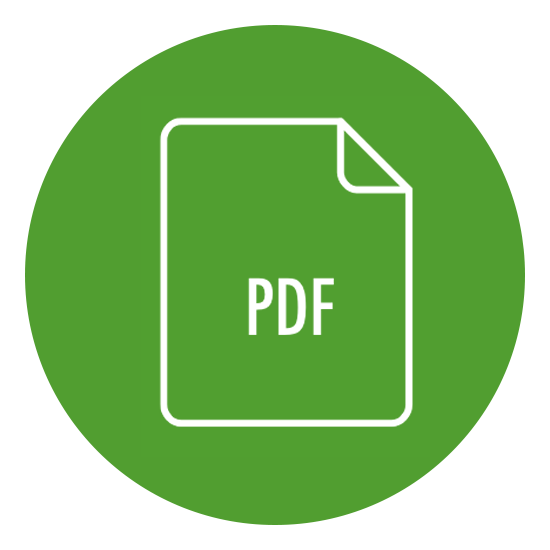

FOR PET PROFESSIONALS
Contagious for dogs, costly to your business
When it comes to dog flu, it’s not just pets that need to be protected. Protect your business by educating yourself on how to prevent the spread of dog flu.


For veterinarians
and clinics
Your clinic’s whole purpose is to keep pets healthy, so the last thing you want is to spread disease.


For boarders
and groomers
Boarding and grooming facilities are full of objects – bowls, toys, tools, bedding, and work surfaces – where virus particles can land, live and spread.


For dog walkers
and sitters
Pet owners trust you to be there for their pets when they can’t be. Build that trust by learning how to keep pets safe from dog flu.
FROM THE VETERINARIANS
Here’s what these experts had to say about their experience with dog flu:
TOOLS AND EDUCATION

AAHA Lifestyle-Based Vaccination Calculator
Update your vaccination protocol using the new AAHA Lifestyle-Based Vaccination Calculator

Kennel & Boarding Safety Recommendations
AAHA reports on how kennels and boarding facilities are reacting to the dog flu outbreak


Is your business at risk from dog flu?
In businesses that care for multiple dogs, one infected dog could quickly spread dog flu to an entire group. That’s bad for dogs and bad for your bottom line. Take this quiz to find out your facility’s risk level.






